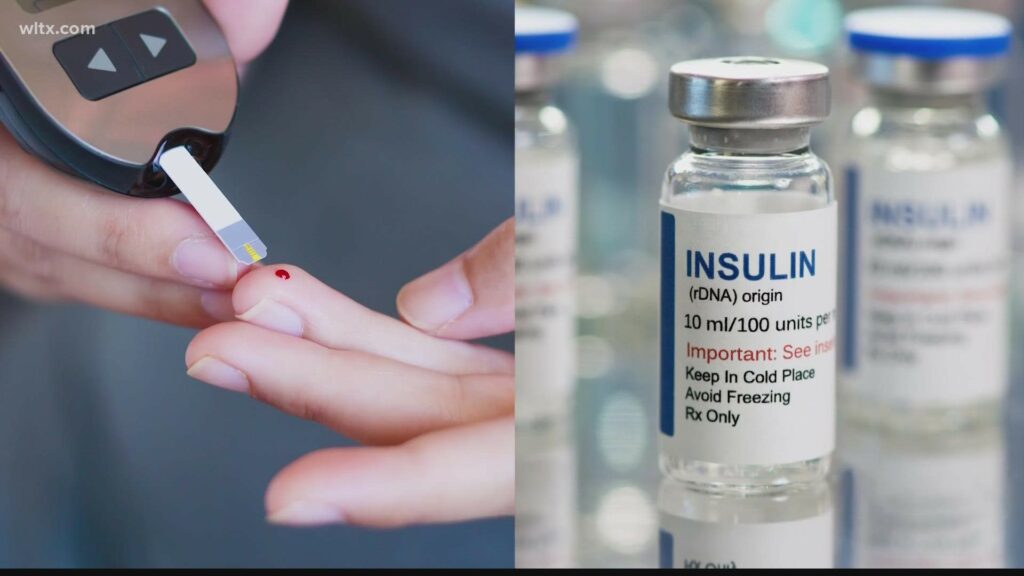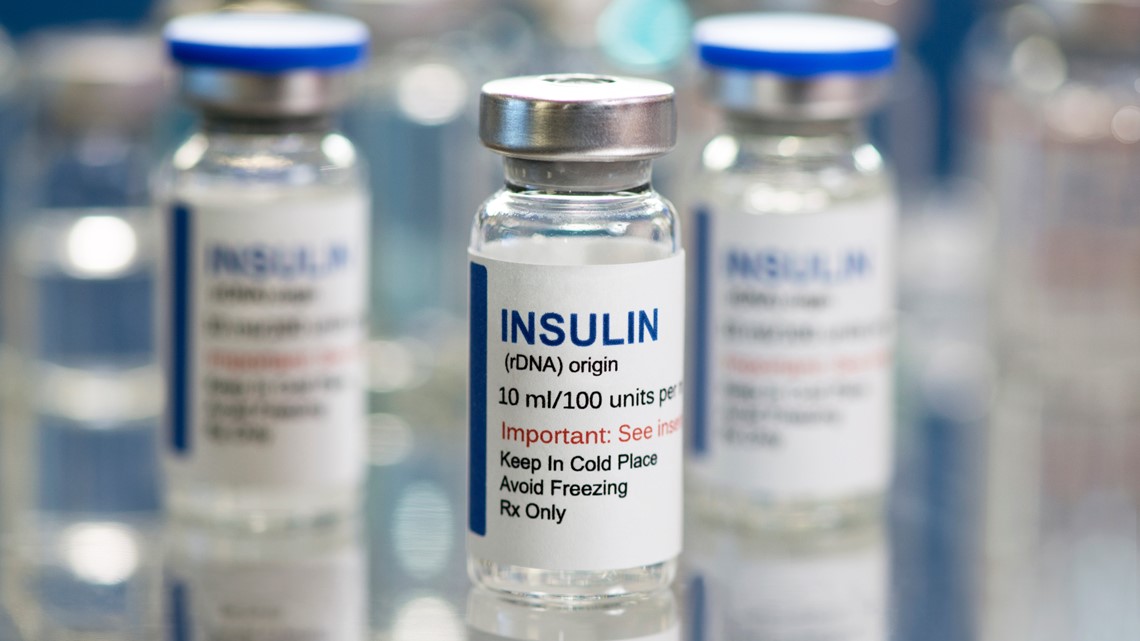
The Inflation Reduction Act only applies to Medicare patients, not those with private insurance. (Photo: WLTX-TV)
Diabetes, a chronic disease that affects how your body converts food into energy, affects over 37 million Americans. Many people with diabetes require insulin to live, but the medication is often prohibitively expensive in the United States.
The Inflation Reduction Act of 2022, recently passed by Congress and signed into law by President Joe Biden, includes the largest-ever federal effort on climate change and aims to reduce rising commodity prices while paying down the nation’s debt. It also contains provisions to improve access to affordable healthcare.
Is the Inflation Reduction Act a price cap on insulin?
The Inflation Reduction Act only applies to Medicare patients, not those with private insurance.
The bill’s original text included a provision that extended the $35 insulin cap to Americans with private insurance. However, the Senate Parliamentarian removed it from the bill, forcing a separate vote on the provision, which did not receive enough GOP support to pass.
The Inflation Reduction Act of 2022 caps insulin prices for some Americans at $35 per month, but not all.
The bill package included a proposal to cap the cost of insulin for Medicare patients at $35 per month. According to the Centers for Medicare & Medicaid Services, more than 63 million Americans are enrolled in Medicare, and one out of every three Medicare patients has diabetes (CMS).
This necessitated a vote in the Senate to include the cap for people with private insurance. To avoid a filibuster, they needed 60 votes to pass it. It was removed from the bill after only 57 senators voted for it and 43 Republicans voted against it. As a result, the Senate version of the Inflation Reduction Act caps insulin prices at $35 per month for Medicare patients only.
READ ALSO: Inflation Reduction Act: Boon or Bane?




















